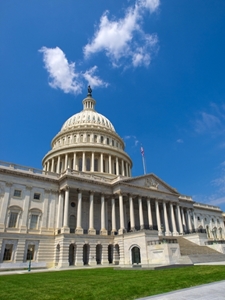
Though delaying the individual mandate may seem like the prudent thing to do given the wealth of problems plaguing the federal exchange, a postponement of any length could have unintended consequences that may hit consumers in the wallet.
The American Academy of Actuaries recently drafted a letter that was sent to member of Congress, informing them that putting off the deadline may result in consumers having to pay more for their premiums than they would if the target date is left untouched.
The advisory division of the Academy – the Health Practice Council – indicated that the purpose of the enrollment period was to give consumers a period in which they have time to sign up for coverage. Combined with insurers being prohibited from denying coverage, this ensures coverage is accessible to higher-risk individuals. Without a deadline, there's no urgency for uninsured people to enroll, making rates more expensive because fewer individuals are paying into the system.
"Without the individual mandate and limited open enrollment period, premiums would likely have been higher and fewer people would obtain coverage than without these provisions," said Cori Uccello, senior health fellow at the Academy. "The adverse selection as a result of delaying these provisions could affect not only the risk pools and claims in 2014, but also the premiums for 2015, since enrollment information from 2014 would factor in to the development of 2015 rates."
The U.S. Congress decided this past summer to postpone the employer mandate portion of the ACA, delaying the deadline for business owners to make employee benefits available to their workers until 2015. Lawmakers both in favor and opposed to the health care law are recommending the same for private citizens.





